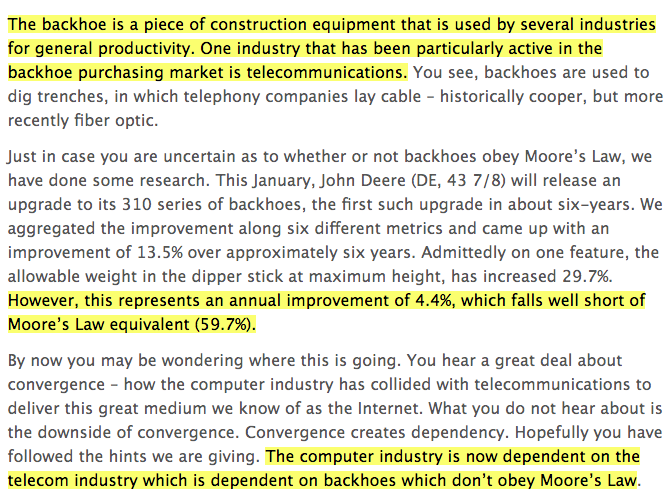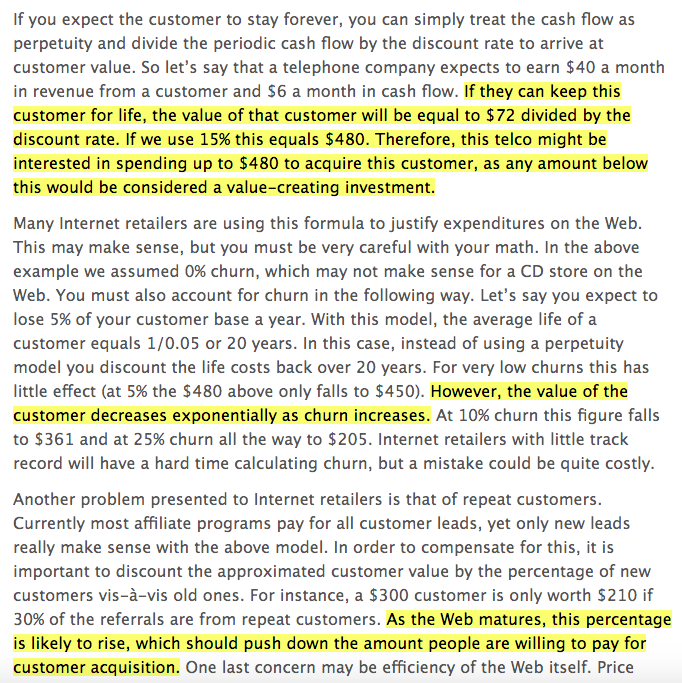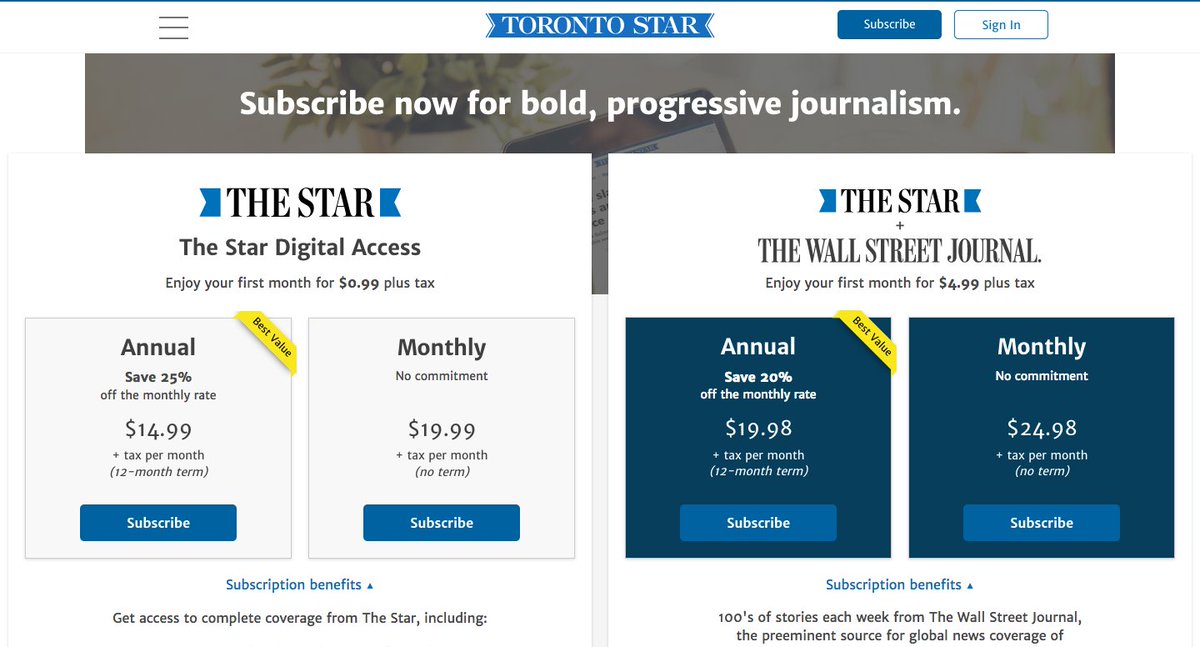- Consumer
- Issuing bank
- Card network (Visa/Mastercard)
- Acquiring Bank aka merchant banks
- Merchants
- People who buy stuff
- The bank that gives consumers credit cards. The risk is placed on these banks' shoulders (will be helpful to remember this).
- Acts as a toll-booth, connecting issuing banks and acquiring banks.
- Sets the interchange fees (which we'll cover in a sec)
- The bank responsible for holding merchants' money.
- Sometimes these banks also act as acquiring processors. Ex. Chase has merchant accounts and it can do the processing with Chase Paymentech.
- Stores, retailers, etc.
- They sell stuff.
- When you swipe your credit card at Starbucks, the transaction data is sent through the chain of command, first to the acquiring bank, then the card network, then to the issuing bank, which bills your credit card statement.
- The issuing bank, since the risk falls on its shoulders as mentioned, takes the biggest interchange fee (somewhere in the ball park of 2%.)
- Then the card network will take a cut, about .13%
- Then the acquiring bank will also.

- For instance, Square acts as a payment service provider, aggregating a bunch of merchants and then passing off the processing (to Chase I believe)
- The benefit is quick set-up and standardization
So that's how buying stuff on credit works. Card networks like Visa sit in the middle, taking mini-cuts of each transaction. Banks issue cards and take the risk. Merchants work with upstarts or traditional acquiring banks. And everyone takes a little cut.






















